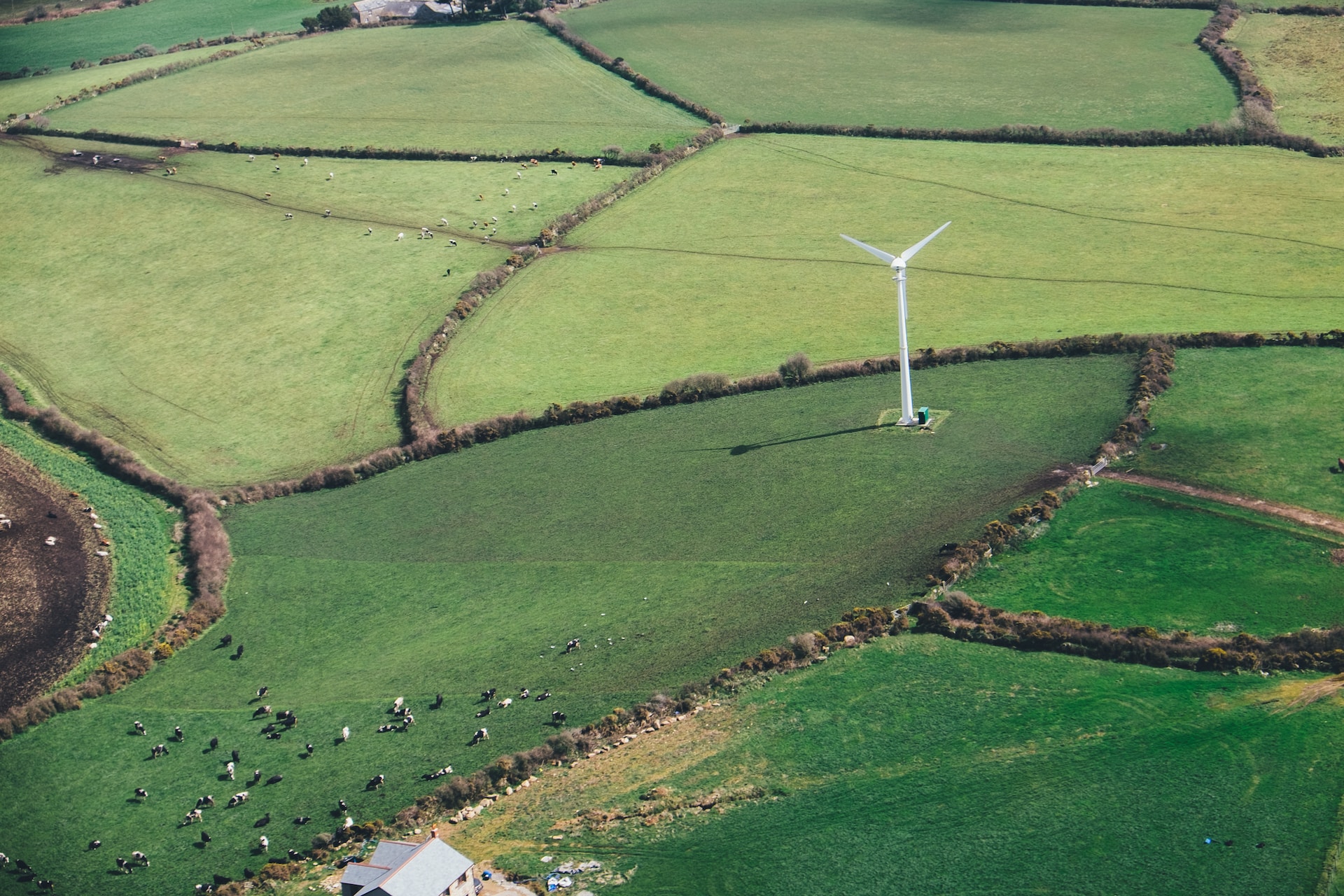Frankfurt, Germany – Global energy dynamics are being tested by the escalating situation in Gaza and Russia’s aggressive actions in Ukraine. Yet, these challenges might be the push the world needs to hasten its move from fossil fuels to greener alternatives, says Fatih Birol, the chief of the International Energy Agency (IEA).
From Past Crisis to Current Concerns
Drawing inspiration from the 1970s, when a spike in oil costs led to global energy conservation initiatives, Birol underscores the dangers of heavy dependence on oil and gas. “History is repeating itself with the Middle East crisis threatening oil supplies,” he stated, adding the Russian gas embargo to the mix. He firmly believes: “The reliability of oil and gas as primary energy sources is becoming questionable.”
A Green Transition in the Making
Amid the geopolitical upheavals impacting energy markets, there’s a potential positive outcome: an accelerated shift towards sustainable energy. Renewable sources like solar and wind present solutions that are environmentally friendly and ensure consistent energy supply, irrespective of political climates.

Renewable energy – stability and independence
Despite potential risks of a widespread Middle East conflict, the increase in oil prices has been moderate. The international standard, Brent crude, recently stood at $90.17 per barrel, a slight uptick from its previous $84.
The IEA’s analysis, however, indicates a market under strain, noting that even though prices of fossil fuels have retreated from their 2022 highs, the market remains unpredictable with ongoing risks of disruptions.
Reflecting on History, Charting the Future
The oil embargo following the 1973 Yom Kippur war resulted in oil prices skyrocketing by almost 300%. This led to the birth of the IEA in 1974 and the adoption of various energy-saving measures, including the rise of nuclear energy and car mileage regulations.

Today, Birol believes the world is better prepared to tackle such crises. He opined, “With the availability of resources like solar, wind, and electric vehicles, we are poised for a significant boost in our energy transition journey.”
Emerging Trends & Global Endeavors
The renewable energy sector has witnessed commendable progress. The ratio of electric cars to traditional ones has dramatically improved in just three years. Furthermore, the share of fossil fuels in electricity production is on the decline, expected to reduce to 40% by 2030 from 60% today.
The upcoming United Nations climate summit could be a crucial turning point, emphasizing the adoption of clean technologies and innovative funding strategies, especially for developing nations.
The Changing Landscape in China
China, once known for its soaring energy demands due to rapid industrial growth, might see a peak in its energy consumption by 2025, suggests the IEA report. This is attributed to China’s shifting focus towards cleaner energy alternatives.
In Summary
The current geopolitical and energy challenges, while daunting, also provide a unique opportunity. If leveraged correctly by global leaders, this could be the nudge the world needs to fully embrace a renewable energy revolution, ensuring both energy security and climate protection.
©globalgreenhouse.eu

